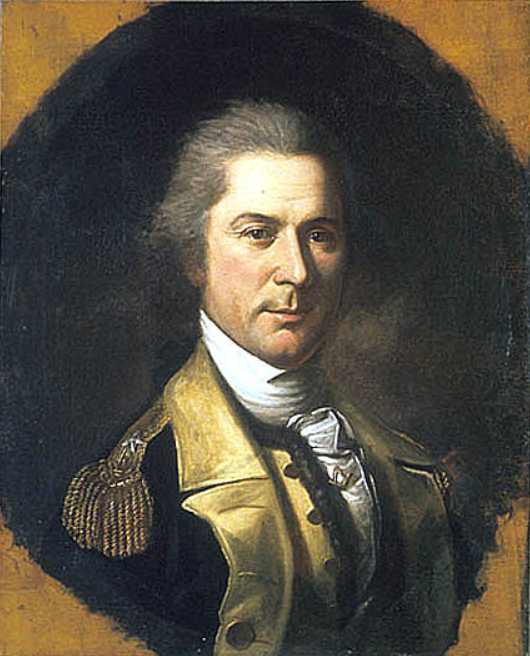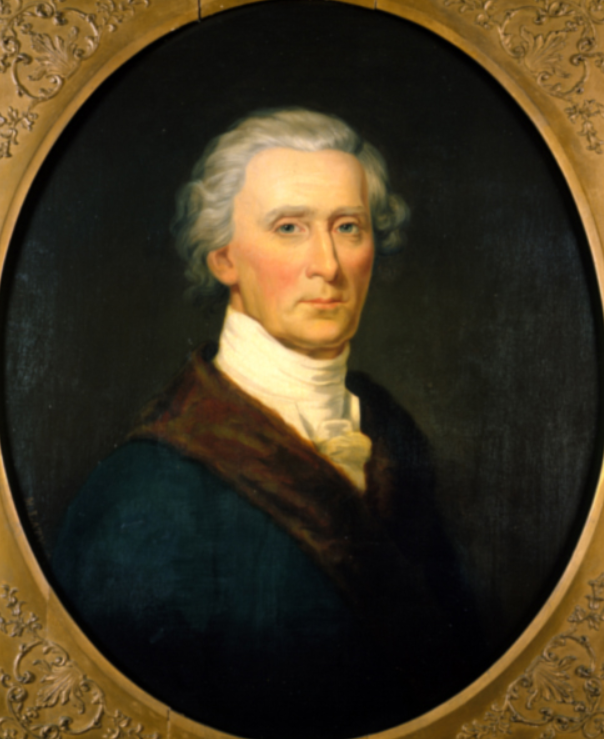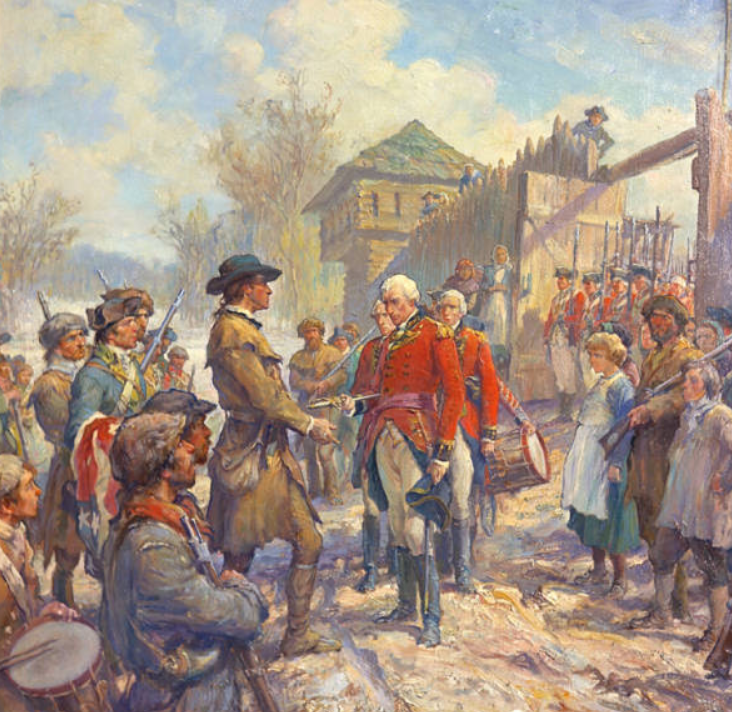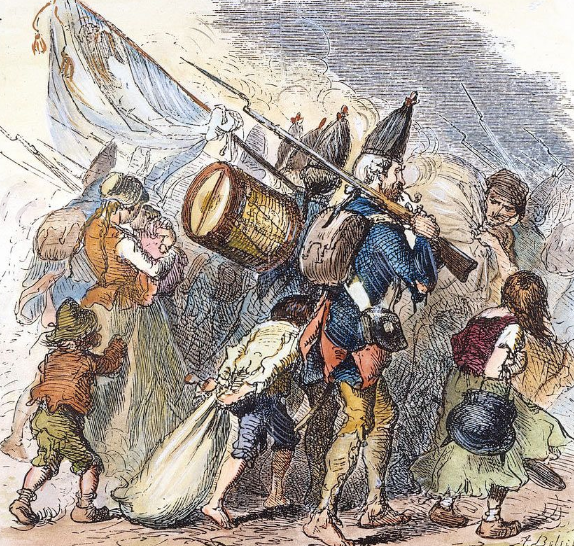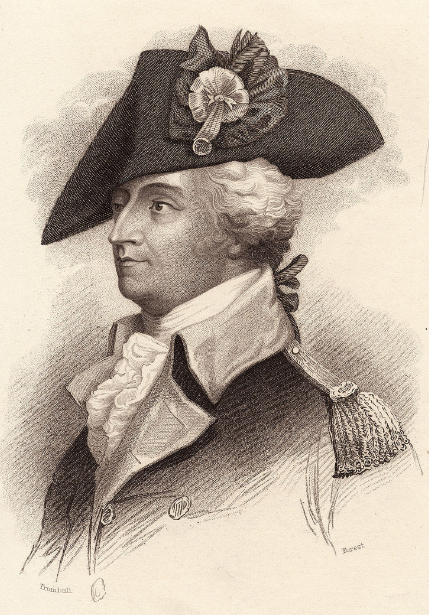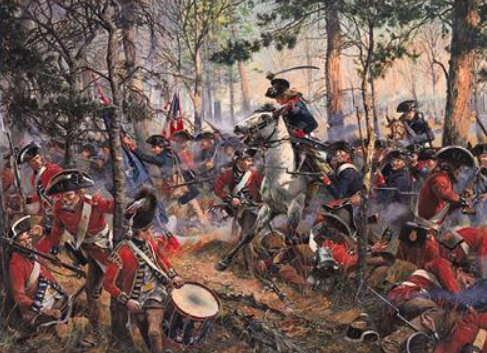Otho Holland William's Tiny Cell - The Punishment of Continued Correspondence
When I first set out to write about Otho Holland Williams my intention was to write about his successful harassing of the British to cover Nathanael Greene’s crossing of the Dan River.
However, while researching Williams’ life, I found a story that is just as interesting and less well known.
Today, we discuss Otho’s refusal to submit to British authority...even as a prisoner of war.
Otho Holland Williams
Otho Holland Williams had trained as an office clerk in Maryland before joining the Continental Army.
Williams was commissioned as a Lieutenant but quickly made his way up to Major after shipping off to Boston. He did not see much action during his first year of service, though he did travel to Philadelphia as part of a delegation representing General Washington to discuss promotions.
The first major fight Otho participated in was the Battle of Fort Washington in which he was captured.
Continued Correspondence
Williams was taken as prisoner to New York where, due to his rank, he was permitted to walk the city freely on parole (though he could not leave).
Apparently, during his incarceration, Otho continued to send correspondence to the Continental Army regarding the goings-on of British occupied New York City.
This was a big no no.
The Tiny Cell
The Redcoats rescinded his parole and through him into a 16 square foot cell. That’s 4 foot wide, 4 foot long.
Small.
There were no windows and no bathrooms.
And not only that, but he had a cellmate!!!
Who was the person he happened to be so intimate with?
None other than Vermont’s favorite son, Ethan Allen.
The two men spent the better part of a year in these confines. When it was all over, Otho’s health had been permanently affected.
Back to Battle
Finally, after the Battle of Saratoga, Williams was liberated.
He returned to the Continental Army and would go on to serve valiantly in the Southern Department. Most notably contributing during Nathanael Greene’s famous strategic retreat.
Additionally, he spent time as Greene’s Adjutant General.
After the Revolutionary War was complete, Otho became Naval Collector at the Port of Baltimore.
Unfortunately, due to the aftermath of his confinement, Otho Holland Williams passed away in 1794 at age 46.
Here are some other Revolutionary POWs:
George Walton’s Signature Doesn’t Get Him Hung
Elizabeth Lewis Stands Confidently
Thomas Heyward Jr. - Songwriting Prisoner
Otho Holland Williams actually has a biography!!!
‘Otho Holland Williams’ is one of three books author John Beaks has written about Generals of the Revolutionary War. (I did not mention it in the article but Williams was promoted to Brigadier General after Yorktown.)
Pick up a copy through the Amazon affiliate link below (you’ll support this site, but don’t worry, Amazon pays me while your price stays the same).
Want to get fun American Revolution articles straight to your inbox every morning?
Subscribe to my email list here.
You can also support this site on Patreon by clicking here.
